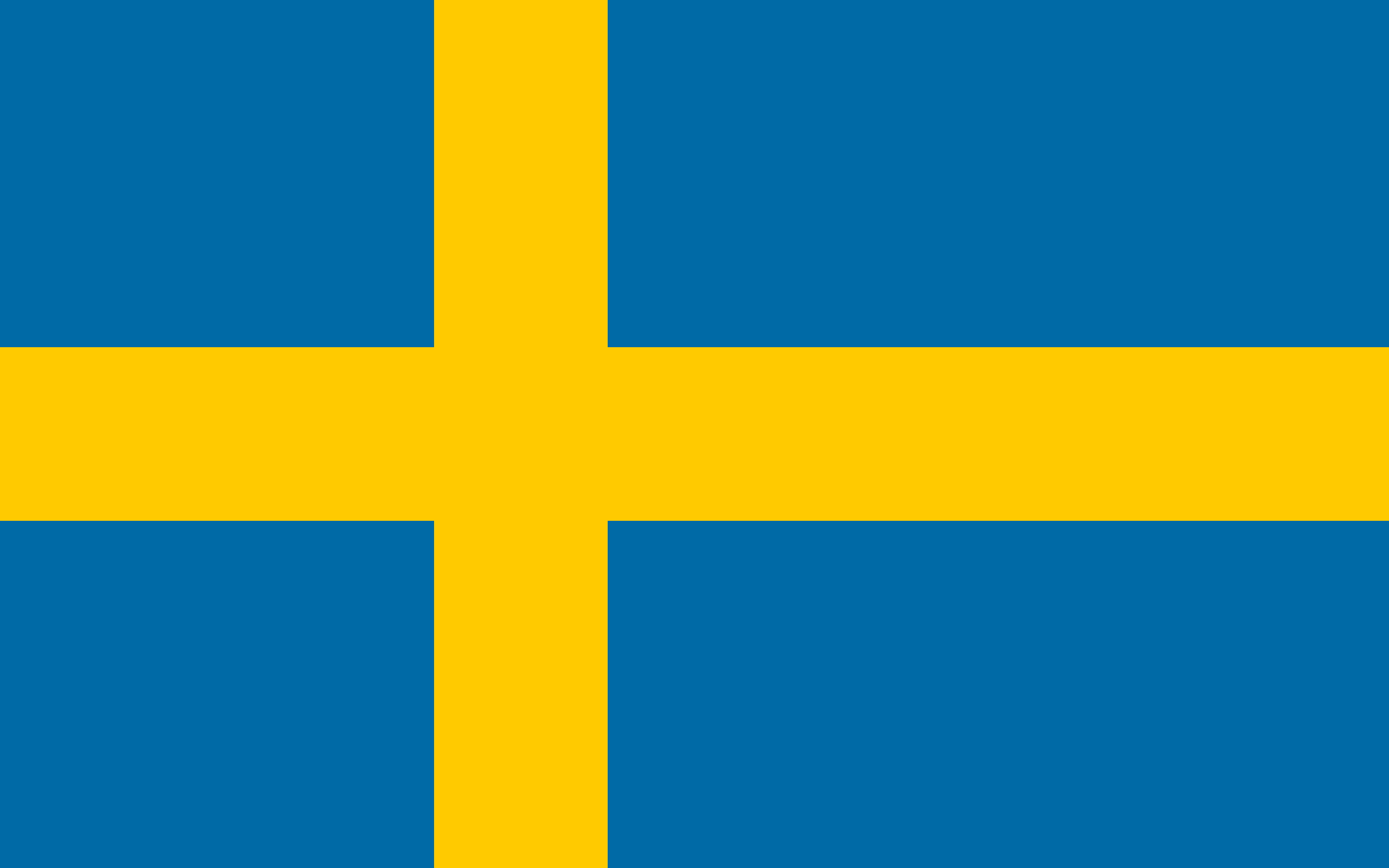EGBA: Sweden’s politicians should heed regulator’s concerns about deposit restrictions
18.05.2020
Sweden’s gambling regulator warns that an enforced deposit limit could drive high-spending customers to unlicensed websites where they have less consumer protection.
As part of Sweden’s measures to protect citizens during the coronavirus lockdowns, its government has proposed a number of restrictions on online gambling, including an enforced deposit limit of 5000 SEK (€471) per week for online gamblers. In response, the country’s gambling regulator has warned that the deposit limit will have a marginal effect on most Swedish gamblers and could drive high-spending customers towards unlicensed websites where they will have less consumer protection.
The European Gaming and Betting Association (EGBA) believes safer gambling is important now more than ever, during the coronavirus-related lockdowns across Europe. However, as outlined in a recent written submission to the Swedish government, EGBA believes the proposed deposit limit could have unintended and detrimental effects – and harm more customers than they protect.
The justification for the restrictions is not evidence-led – online gambling in Sweden has decreased
Based on the available data, there has been no increase in online gambling in European countries – including Sweden – since the coronavirus lockdowns. On the contrary, online gambling has decreased in Sweden by 6% and it has also decreased elsewhere as reported by, for example, the Belgian, Danish and UK regulators.[1] Rather than one-size-fits-all restrictions, which will have no effect on the majority of customers and jeopardise consumer protection for those they seek to protect, EGBA supports targeted measures, including tailored interventions, to protect those at risk of problem gambling at this time.
An enforced deposit limit will affect only a limited number of gamblers…
Rather than protect all online gambling customers, an enforced deposit limit will have a marginal effect on the majority of the country’s gambling audience and will do more to hit gambling and tax revenues. This is corroborated by the country’s gambling regulator, Spelinspektionen, which says the deposit limit will affect a small proportion of customers (5-25%) who are high spenders.
…and could jeopardise the protection of high-spending customers
EGBA believes that any positive effects of a deposit limit will be negated by negative effects on channelization, e.g. customers might play on black market or unlicensed websites to avoid the restrictions. According to a recent study, 40% of Sweden’s online casino customers, and 34% of sports betting customers, already gamble on unlicensed websites or would consider doing so. The deposit limit could, as Spelinspektionen rightly warn, drive high-spending players towards unlicensed websites which undermine their consumer protection – these websites are readily available, easy to access and do not apply any limits or responsible gambling measures, including the country’s Spelpaus self-exclusion scheme.
“We understand that politicians seek to reassure and protect their citizens during these difficult times, but the proposed gambling restrictions could actually harm more customers than they protect. Many Swedes are already gambling on unlicensed websites and these restrictions will make unlicensed websites – which don’t apply any limits – even more attractive to them. We must remember gambling is human behavior, consumers will always make their own choices and top-down regulation rarely works. In this case, it could have detrimental or counterproductive effects by pushing more gambling onto unregulated websites.” – Maarten Haijer, Secretary General, EGBA.
[1] Belgium: 38% decline in traffic to licensed gambling websites (Belgian Gaming Commission). Denmark: 60% drop in online gambling; online casino increased 2% (Danish Gambling Authority). UK: 16.2% decrease in online gambling gross win (H2 Gambling Capital); majority of gamblers have not increased their time or money spent on gambling (Gambling Commission). Global: Overall gambling revenue forecasts down 20.6%; online share forecasted to increased marginally from 13% to 16% (H2 Gambling Capital).


